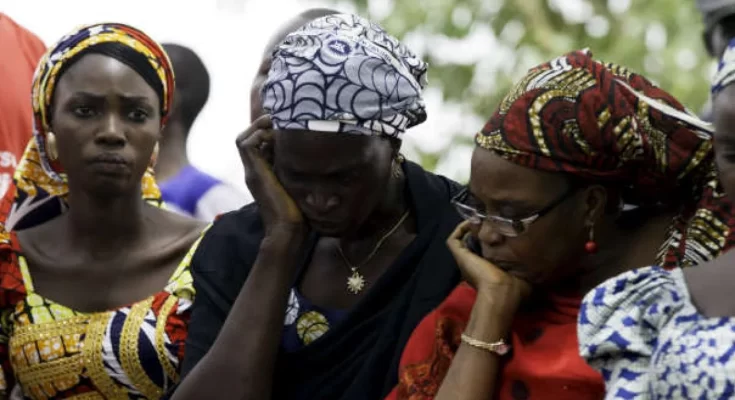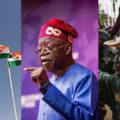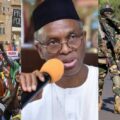By Laurina Abosi
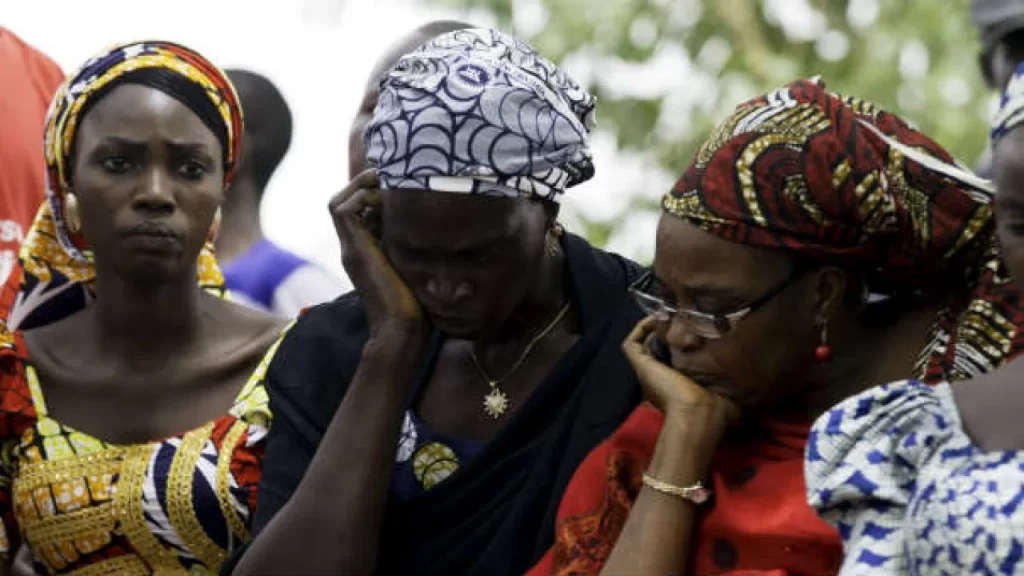
Many Nigerians are struggling with fear and silence in deciding to join a looming Protest.
There is a general air of worry as the country gets ready for a major protest against economic hardship and government policies. There is an unsettling silence in the streets that formerly echoed with the bright energy of everyday life. Military tanks positioned at key locations cast a long shadow over the impending protest, serving as a sobering reminder of the possible repercussions of speaking up.
Discussing a protest is dangerous
The government has deployed military forces in major cities for some weeks now. This show of force has made people more fearful. “Discussing these topics is dangerous,” a Lagos resident confided, wishing to stay anonymous. “You never know who is listening, and the consequences can be severe.”
This feeling is not unique. Even though many Nigerians are experiencing financial difficulty, many are reluctant to voice their annoyances in public. Memories of previous demonstrations, like the 2020 End SARS campaign, are very persistent. The emotional and physical wounds from those protests are still raw, discouraging individuals who are thinking of joining the upcoming protest.
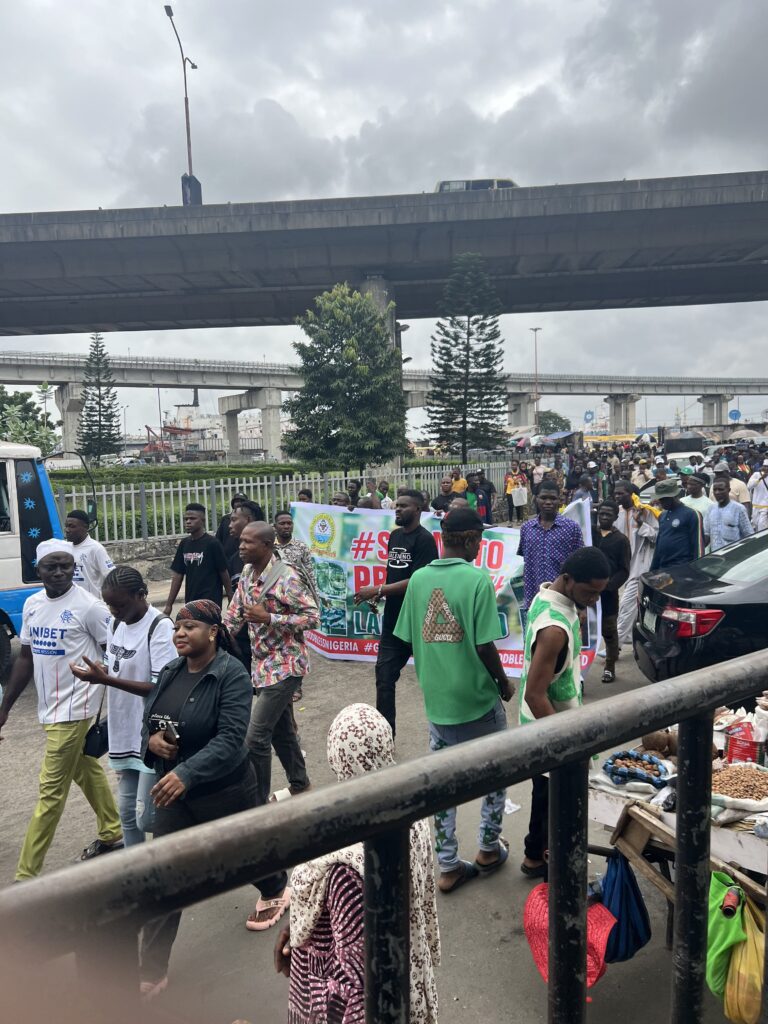
Worries of violence and reprisals
Finding out the extent of this worry involved doing a vox poll to see how people felt. Everyone was cautious to record their conversations, and many were quiet. “We are afraid, but we want change,” remarked a Lagos resident. Not only are there worries about possible violence during the protest, but there are also worries about possible fallout from the government.
It’s interesting to note that there is also a sizable group of young people who don’t support the planned protest. Their position stems from the conviction that previous demonstrations have caused more harm than good. “Yes, we need change, but not through violence,” stated a Lagos young activist. “Dialogue and constructive engagement with the government are more effective.”
The longing for change and the worry about the consequences are still very much at odds as the protest day draws near. The strong military presence, and the silence of many highlight a larger fight for democratic participation and freedom of speech.
It is crucial that the government address the root causes of the agitations, and have meaningful conversations with the public amid this atmosphere of dread.
Nigeria’s present and future is at stake here. While the need for change is evident, it is still unclear how to proceed. The future of the country rests on how well its leaders, and citizens handle this difficult situation.

